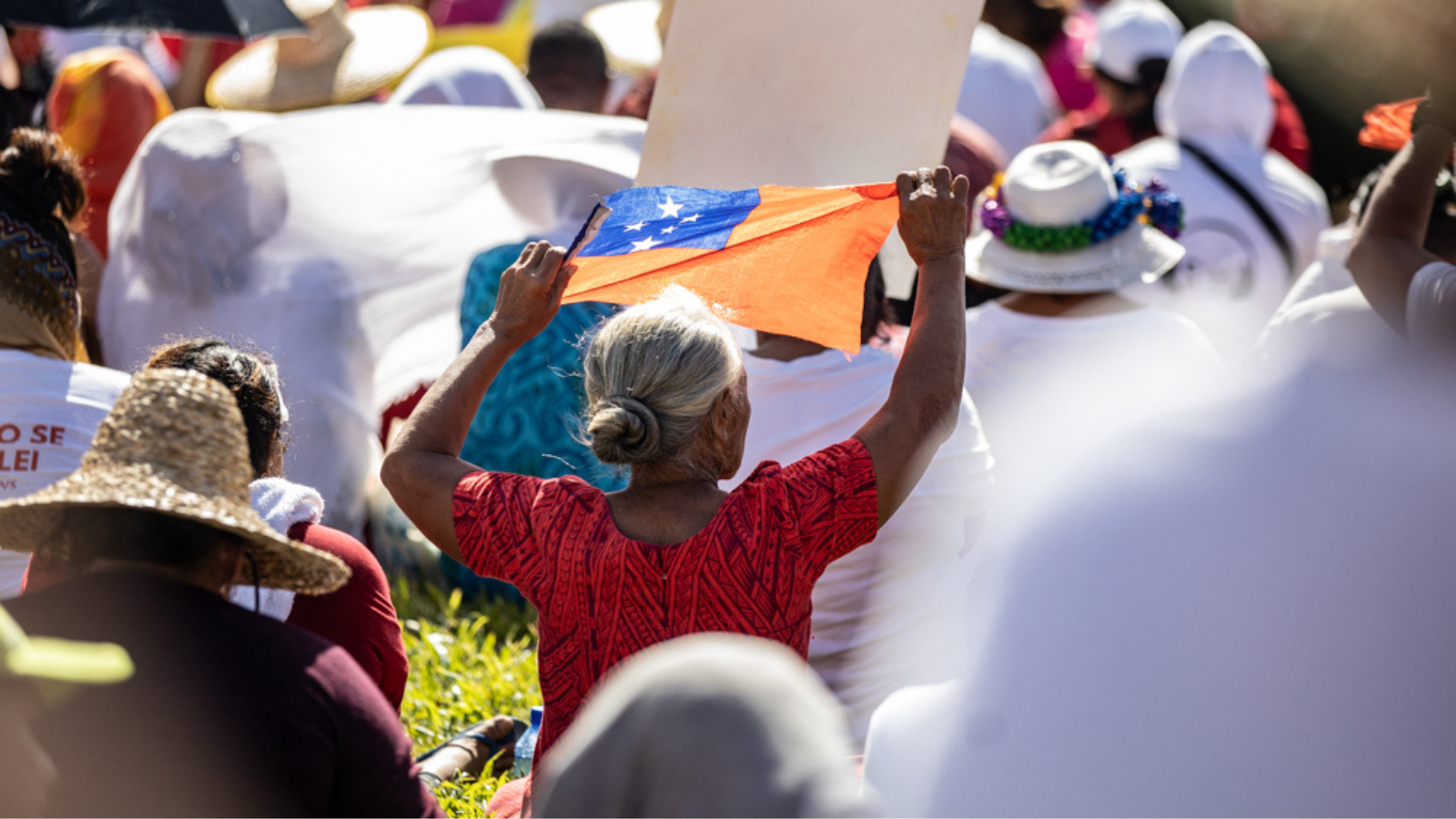

Her Royal Highness Princess Angelika Lātūfuipeka Tukuʻaho, of Tonga, addresses the One Ocean Science Congress, in Nice, France.
Photo/Supplied
Royal call for whales’ personhood in historic ocean justice appeal
Tonga’s Princess Lātūfuipeka Tukuʻaho champions legal personhood for whales, urging global action for ocean governance.


New Zealanders value Pacific ties but lack real connection - report
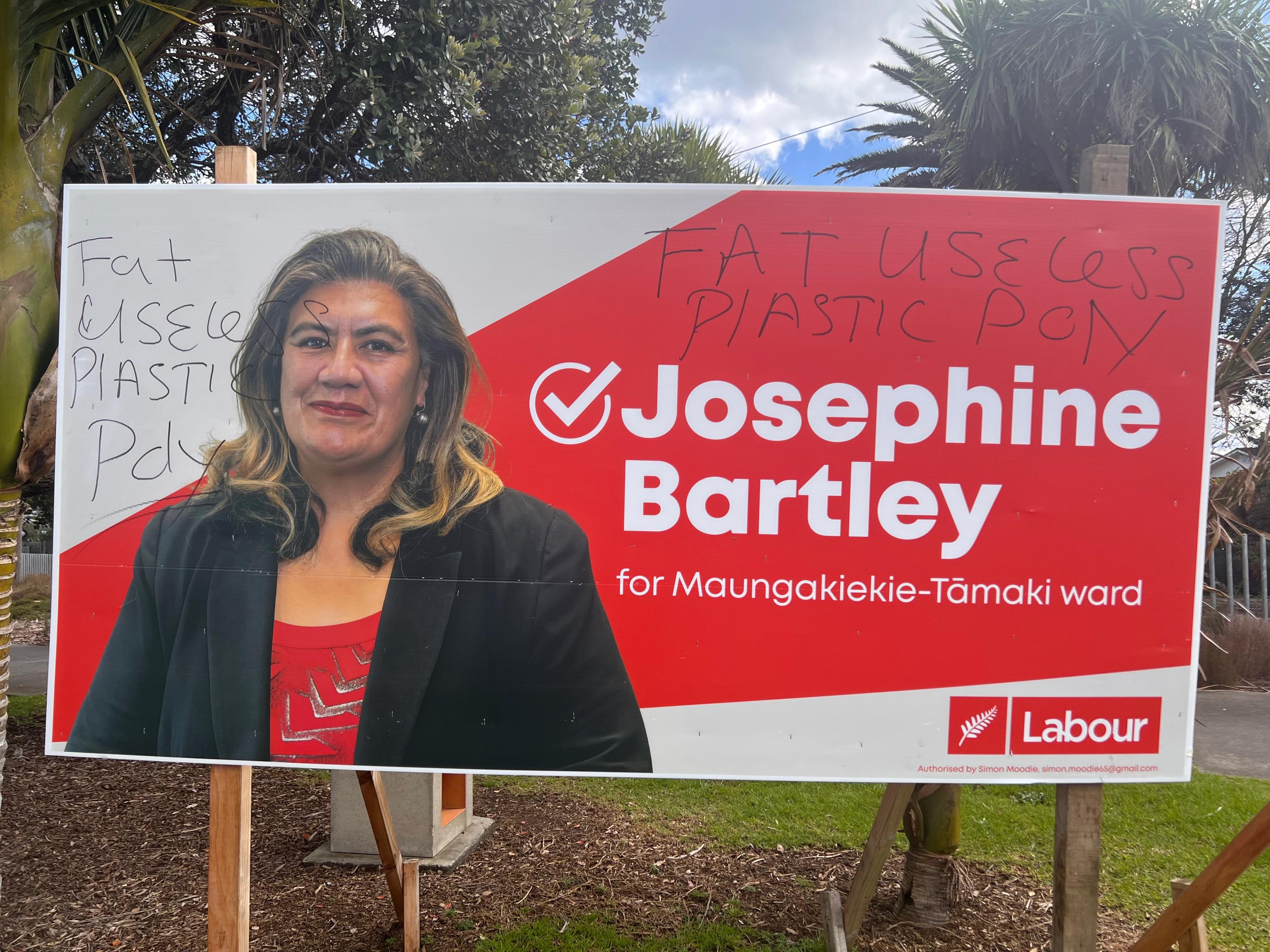

Christchurch contest will see Sonny Kirisome professionally debut

Independents: Potential game-changing force in Sāmoa elections

New Zealanders value Pacific ties but lack real connection - report


Christchurch contest will see Sonny Kirisome professionally debut
In a moment that will be remembered as a defining call for Pacific-led
ocean governance, Her Royal Highness Princess Angelika Lātūfuipeka Tukuʻaho of Tonga delivered a visionary and morally charged keynote at the One Ocean Science Congress (OOSC) in Nice, France.
Standing as a beacon of cultural wisdom and scientific advocacy,
the Princess called on world leaders to take a bold step forward by granting legal personhood to whales, acknowledging their right to life, culture, and protection under the law.
“The time has come to recognise whales not merely as resources but as sentient beings with inherent rights,” Her Royal Highness declared.
“Their survival demands a transformative shift in our legal and ethical relationship with the ocean.”
Her address, delivered with grace and clarity, was not just a ceremonial gesture. It was a powerful and principled intervention on behalf of Tonga, the Pacific, and the global ocean community.
Backed by the Huelo Matamoana Trust and accompanied by regional allies such as the Moananui Sanctuary Trust and the Pacific Whale Fund, the Princess anchored her appeal in both Indigenous wisdom and contemporary science - a rare but necessary fusion in today’s fractured climate discourse.
This speech marks the latest milestone in the "I’m a Person Too" campaign, a fast-growing international movement advocating for whales’ legal recognition.
With over 367,000 supporters globally, the campaign has touched a nerve across cultures and continents, demonstrating the rising public urgency for stronger marine protections and moral clarity in
the age of climate breakdown.
But this is also a deeply Tongan story, rooted in heritage and a long-standing royal tradition of marine stewardship.
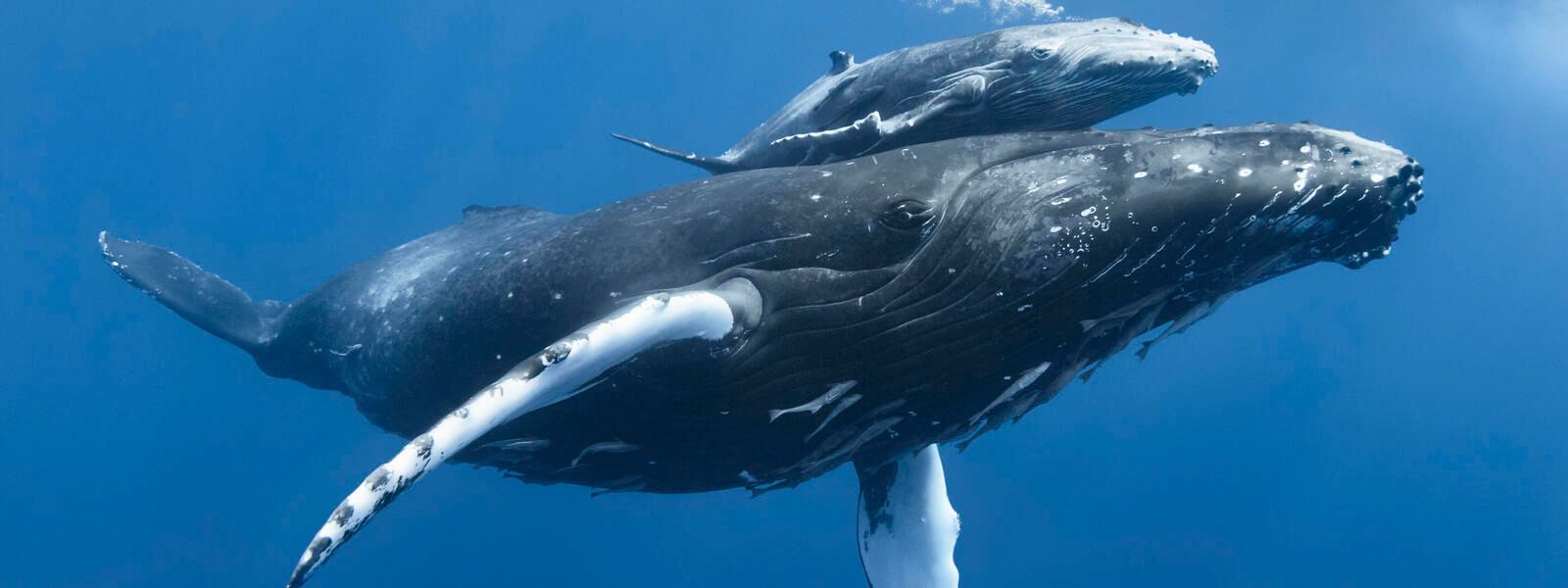
Photo/WorldWildLife
In 1978, the late King Tāufaʻāhau Tupou IV - Her Royal Highness's grandfather - made history by banning whale hunting in Tongan waters and creating one of the world’s first whale sanctuaries.
That decree was not only ahead of its time but also positioned Tonga as a moral leader in marine conservation.
Today, Princess Lātūfuipeka seeks to build upon that legacy, not just through preservation, but also through legal innovation and ethical leadership.
Clear message to the government of Tonga
This historic address is not just a call to the world - it is a direct challenge to Prime Minister Dr 'Aisake Eke's government to honour, support, and institutionalise Her Royal Highness’s vision.
As the Kingdom of Tonga repositions itself on matters of sustainability,
ocean governance, and climate diplomacy, the government cannot afford to remain silent or passive.
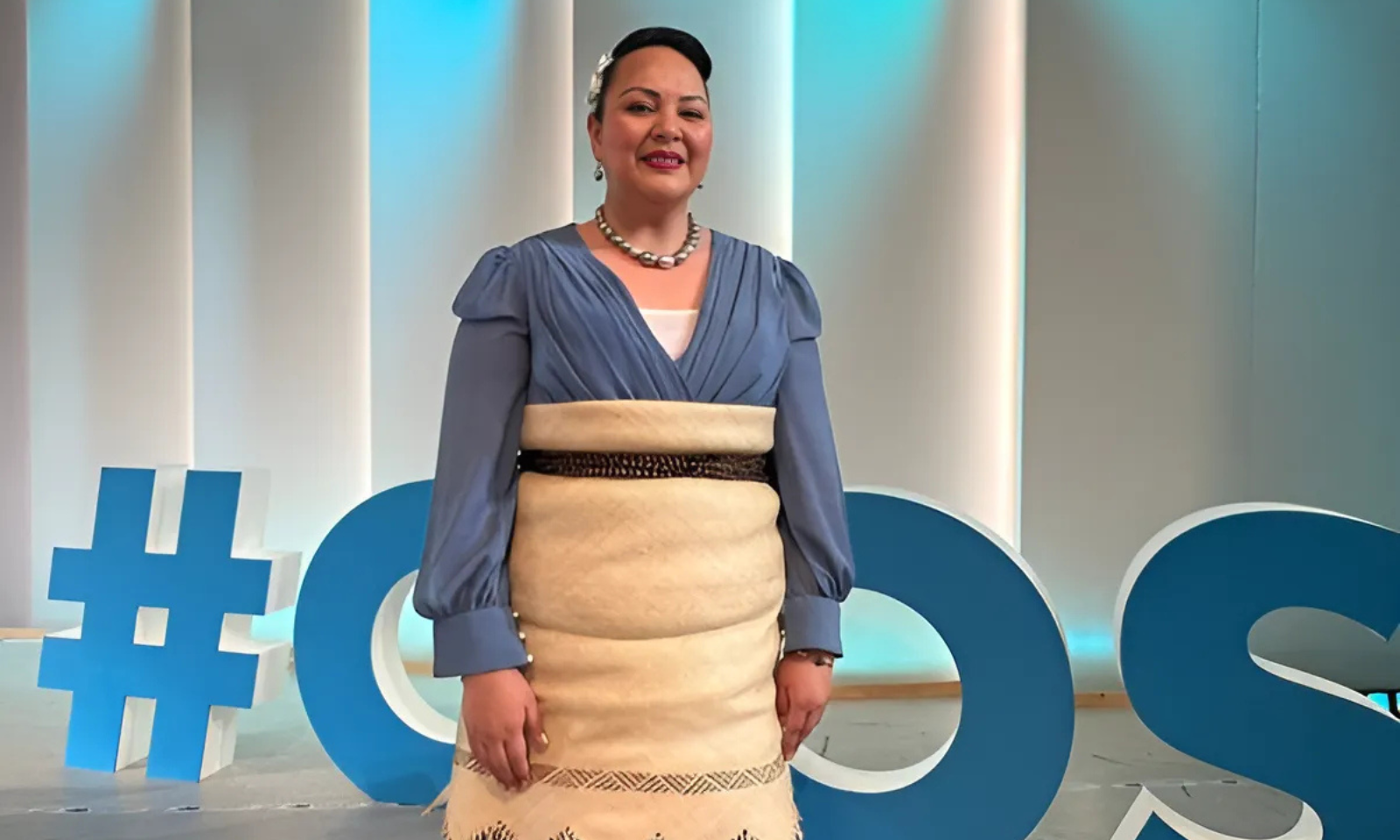
Her Royal Highness Princess Angelika Lātūfuipeka Tukuʻaho, of Tonga, at One Ocean Science Congress, in Nice, France. Photo/Supplied
It is time for Tonga to lead again. The Eke administration should immediately initiate the following actions:
Formally adopt a national policy on whale personhood, building on the Royal Decree of 1978, and aligning with international best practices;
Introduce legislation recognising whales as legal persons, with protection under
Tongan environmental and cultural law;Partner with Pacific neighbours to advocate for a regional treaty on cetacean personhood and marine sentience;
Ensure Tonga champions this cause at the UN Ocean Conference (UNOC3) and other multilateral forums;
Support Huelo Matamoana Trust and associated NGOs in public education campaigns and community outreach to embed this vision at the grassroots level.
These actions would not only solidify Tonga’s leadership in the Pacific but also open new avenues for ethical whale tourism, blue carbon finance, and ocean-based climate solutions that centre Tongan values and culture.
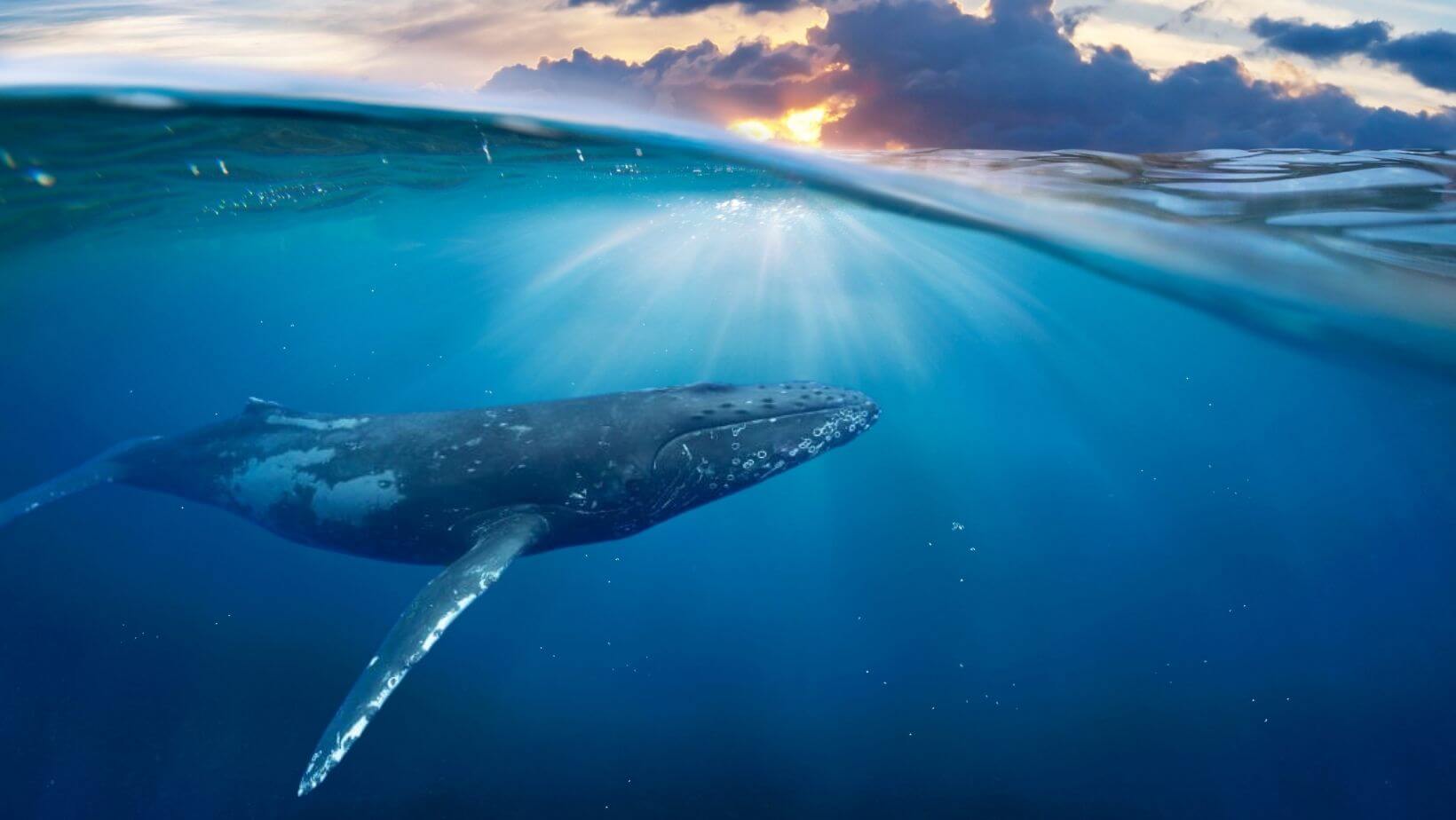
Photo/Supplied
The global and local significance
Legal personhood for whales is not a symbolic gesture - it is a profound reimagining of how humanity coexists with nature.
In practical terms, this status would empower guardians (including Indigenous and local communities) to advocate for whales’ wellbeing in courts of law, ensure protection of their migratory routes, and integrate their ecological role into marine spatial planning and conservation financing.
For Tonga, it also creates pathways for sustainable development:
Ethical whale tourism is tied to conservation principles, rather than exploitation.
Access to international green and blue finance aimed at supporting jurisdictions with progressive environmental laws;
Cultural revitalisation, reinforcing Tongan traditions of guardianship (tauhi vā) over the ocean and its creatures.
But above all, it affirms Tonga’s place in the world as a leader of conscience - a small island Kingdom punching above its weight on one of the most important global debates of our time.
A movement whose time has come
Princess Lātūfuipeka’s speech reminds us that the Pacific is not a passive observer in global politics. It is a moral force, a source of wisdom, and ready to act.
Her Royal Highness has planted a flag in the ocean, figuratively and politically. Now it is up to the Government of Tonga to pick it up and carry it forward.
“This is not only a call for protection,” she reminded the world. “It is a call for recognition and respect.”
Add your voice
To join the movement, sign the global petition in support of whale personhood.
Let Tonga speak not only through its past, but also through the principled leadership of its present, led by a Princess, and hopefully, backed by her Prime Minister.
Melino Maka is a political commentator and community leader. The views expressed in this article are solely those of the author and do not necessarily reflect the views of Pacific Media Network.
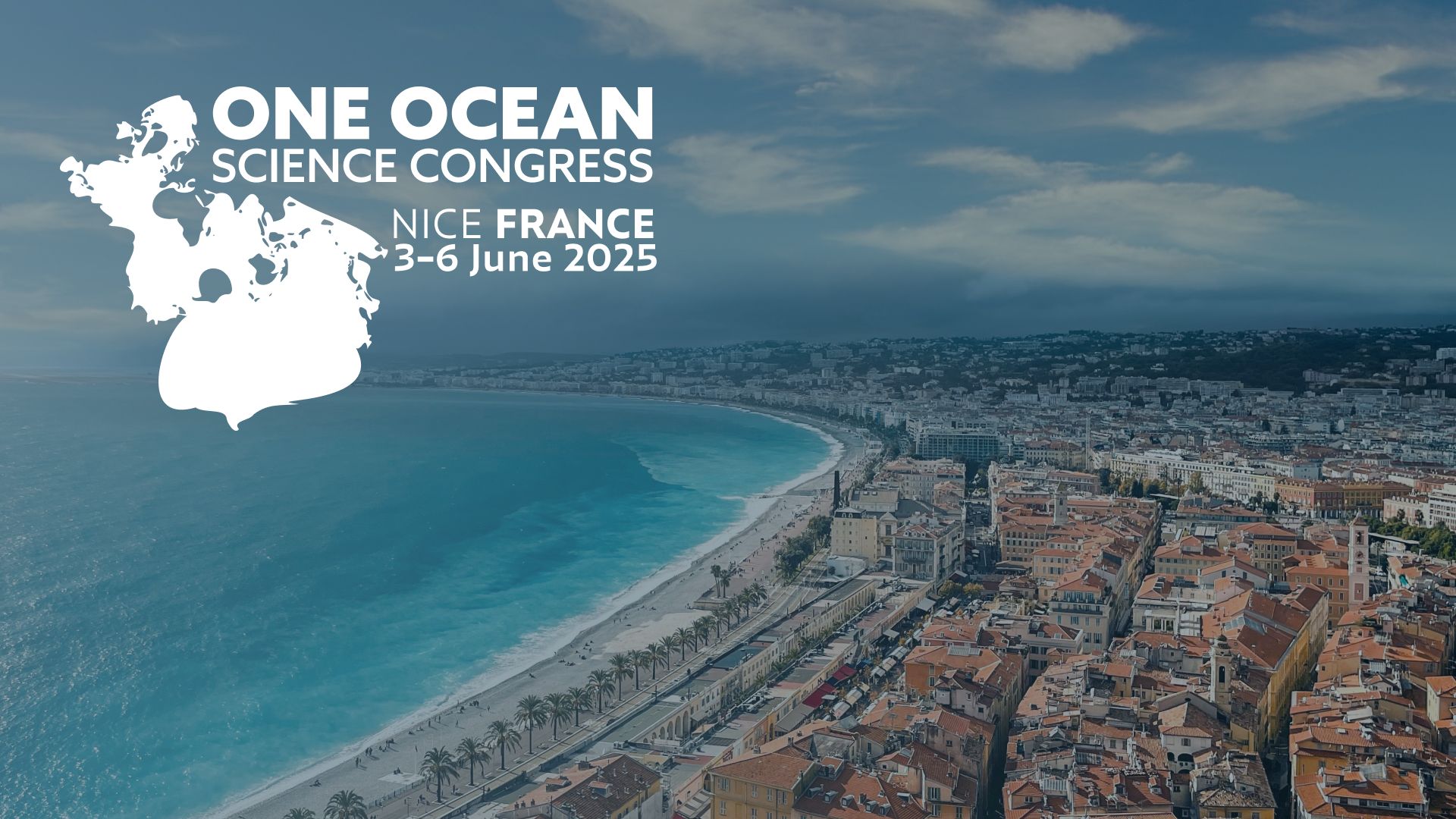
Photo/Blue Cloud